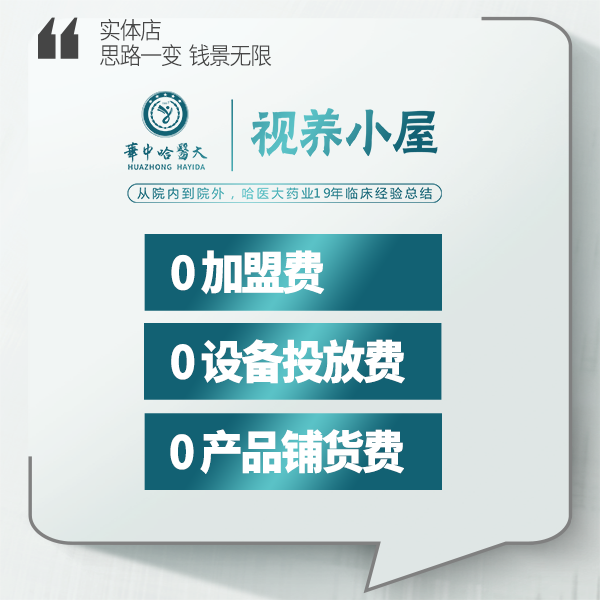
中医可不可以治疗近视加深视力
Introduction
MAJOR BOLD TITLE: 中医可不可以治疗近视加深视力
In recent years, there has been an increasing interest in traditional Chinese medicine (中医) as a holistic approach to health and wellness. One area where people often wonder about the effectiveness of traditional Chinese medicine is in the treatment and improvement of nearsightedness (近视) and visual acuity (视力). This article explores the topic of whether traditional Chinese medicine can help treat nearsightedness and enhance visual acuity.
1. Understanding Nearsightedness
H1: Understanding Nearsightedness
Nearsightedness, also known as myopia, is a common refractive error that affects a significant portion of the global population. It is characterized by the inability to see distant objects clearly, while near objects remain in focus.
2. Traditional Chinese Medicine and Eye Health
H1: Traditional Chinese Medicine and Eye Health
Traditional Chinese medicine has a long history of promoting overall health and well-being. It takes a holistic approach that emphasizes balance and harmony within the body. When it comes to eye health, traditional Chinese medicine focuses on the concept of "nourishing the liver to benefit the eyes" (滋肝明目).
3. Herbal Remedies for Eye Health
H1: Herbal Remedies for Eye Health
Traditional Chinese medicine often utilizes herbal remedies to support eye health. Some commonly used herbs include chrysanthemum (菊花), wolfberry (枸杞子), and Chinese hawthorn (山楂). These herbs are believed to nourish the liver, improve blood circulation, and enhance visual acuity.
3.1 Chrysanthemum (菊花)
H2: Chrysanthemum (菊花)
Chrysanthemum is a popular herb in traditional Chinese medicine known for its cooling and calming properties. It is often used to treat eye strain, dry eyes, and blurred vision. Chrysanthemum tea is a common remedy that can be consumed regularly to support overall eye health.
3.2 Wolfberry (枸杞子)
H2: Wolfberry (枸杞子)
Wolfberry, also known as goji berry, is a superfood with a long history of use in traditional Chinese medicine. It is rich in antioxidants and essential nutrients that are beneficial for eye health. Consuming wolfberry regularly is believed to improve visual acuity and protect the eyes from oxidative damage.
3.3 Chinese Hawthorn (山楂)
H2: Chinese Hawthorn (山楂)
Chinese hawthorn is a fruit commonly used in traditional Chinese medicine to improve blood circulation and promote eye health. It is believed to strengthen the spleen and liver, which in turn benefits vision. Chinese hawthorn can be consumed as a snack or incorporated into herbal formulas.
4. Acupuncture for Eye Health
H1: Acupuncture for Eye Health
Acupuncture is another traditional Chinese medicine technique that has been used for centuries to treat various health conditions, including eye disorders. Thin needles are inserted into specific points on the body, which are believed to stimulate the flow of qi and restore balance. Acupuncture can be used to address imbalances that may contribute to nearsightedness and visual acuity issues.
5. Lifestyle Recommendations for Eye Health
H1: Lifestyle Recommendations for Eye Health
In addition to herbal remedies and acupuncture, traditional Chinese medicine also emphasizes the importance of lifestyle factors in maintaining eye health. Some recommendations include:
- Avoiding prolonged screen time and taking regular breaks to rest the eyes.
- Practicing eye exercises to improve focus and strengthen eye muscles.
- Maintaining a balanced diet rich in fruits, vegetables, and omega-3 fatty acids.
- Getting enough sleep to allow the eyes to rest and recover.
Frequently Asked Questions
FAQ 1: Can traditional Chinese medicine completely cure nearsightedness?
Traditional Chinese medicine cannot guarantee a complete cure for nearsightedness. However, it can help manage the condition, improve visual acuity, and prevent further deterioration.
FAQ 2: How long does it take to see results from traditional Chinese medicine for nearsightedness?
The time it takes to see results from traditional Chinese medicine varies from person to person. It depends on the severity of the nearsightedness, individual response to treatment, and adherence to lifestyle recommendations. It is recommended to consult with a qualified traditional Chinese medicine practitioner for personalized advice.
FAQ 3: Are there any side effects of using traditional Chinese medicine for eye health?
When used correctly, traditional Chinese medicine is generally considered safe with minimal side effects. However, it is important to consult with a qualified practitioner and inform them of any pre-existing medical conditions or medications you may be taking.
FAQ 4: Can traditional Chinese medicine be used in conjunction with Western medicine for nearsightedness?
Yes, traditional Chinese medicine can be used in conjunction with Western medicine for nearsightedness. It is advisable to inform both your traditional Chinese medicine practitioner and Western healthcare provider about the treatments you are undergoing to ensure comprehensive care.
FAQ 5: Is traditional Chinese medicine suitable for everyone with nearsightedness?
Traditional Chinese medicine is generally suitable for most individuals with nearsightedness. However, it is important to consult with a qualified practitioner to determine the right approach based on individual needs and medical history.
� 中医可不可以治疗近视加深视力
� EYE HEALTH
� TRADITIONAL CHINESE MEDICINE
� 探讨中医是否能治疗近视并增强视力,介绍使用中医养护视力的方法及常见问题解答。
哈医中视养是“哈医中视养(广州)健康管理有限公司旗下品牌,在“健康中国,全民护眼”的时代背景下,哈医中视养携手“华中哈医大*中医视力养护”项目团队,将哈医大药业19年临床经验总结的产品、技术引到院外市场,普惠大众,致力于为全龄段(3-120岁)人群提供眼健康一站式解决方案,用中医视力养护的方式,帮助更多孩子摘掉眼镜,让中老年人看的更清楚;给孩子们一个终身不戴眼镜的机会!
